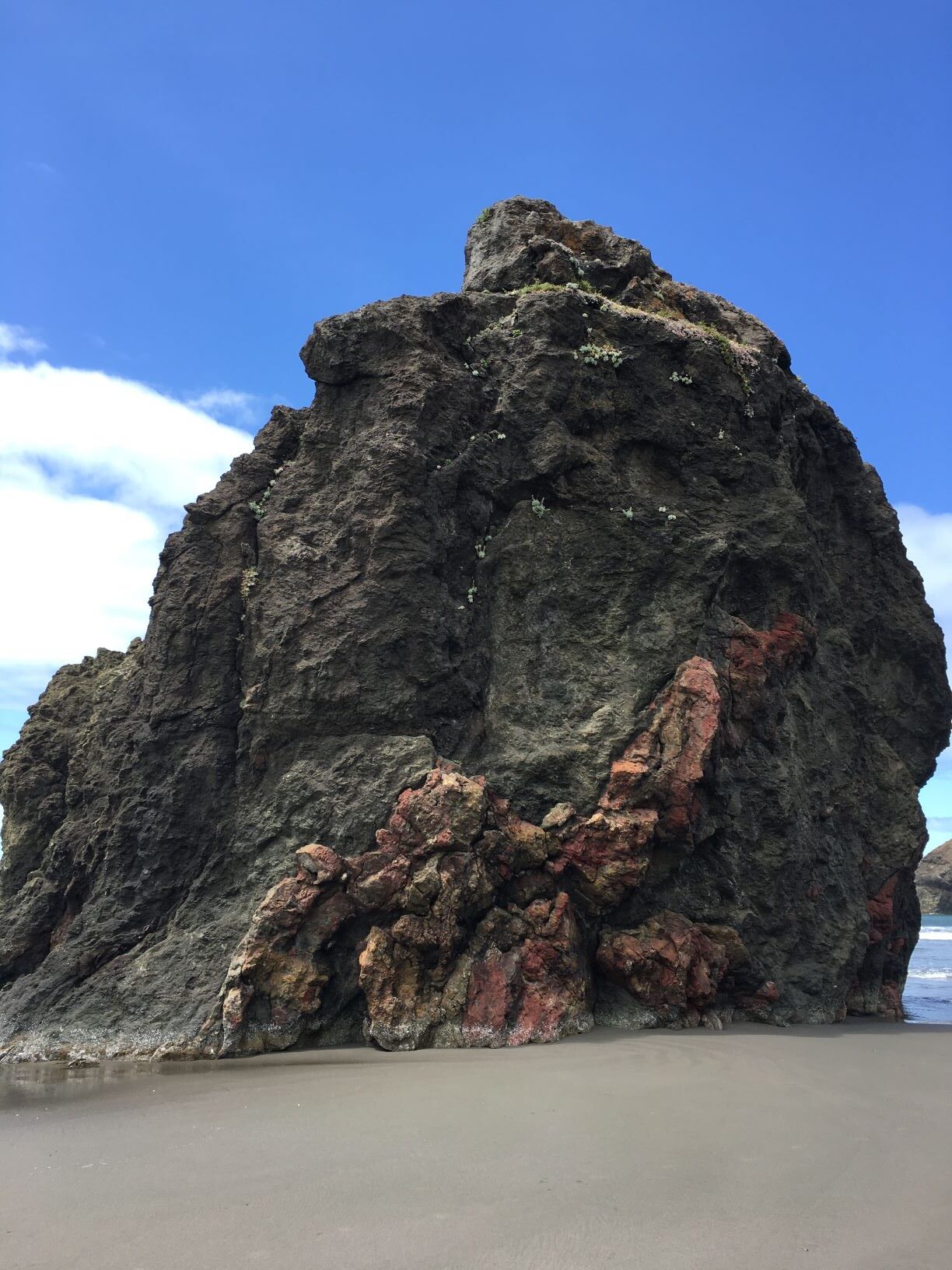
Today has been a really good day. First of all, we have now safely moved in with our most wonderful friends the Millers. They have a beautiful en suite apartment in their downstairs and it’s ours for now. First time Nancy, Shanti and I have felt safe since Tuesday.
Had some deeply moving moments with my son Elijah today as well. We simply held each other tightly and talked about how even in this most difficult week of our lives, we have such a deeper love for each other. Go figure. I guess that’s the paradox crisis offers. Events like this can forge relationships into greater realms of strength and depth than you knew possible.
There’s also been a flood of reconnecting with dear friends from over sixty years of living. Responding to emails, texts, and phone calls has afforded unbelievable respite from the literal hell-like atmosphere we are living in; continued threat of fires, smoke, and the worst air quality on the planet I’m told.
Overwhelmed too by the numerous more-than-generous offers of short-term housing, money, clothing, food, and whatever it is we need. Right now, our greatest need is to secure a long-term place to rent. Until then, we can’t even begin to assemble the things required for simple day-to-day living – as we have no place to put them. Your prayers, chants, meditations and loving intentions to that end are greatly appreciated.
Again, we are financially secure right now. Many of our community who have also been displaced are not. If you are moved to help, the Jackson County United Way is a great place to give. The director is one of my closest friends and is as wise and trustworthy a woman as you will ever meet.
Finally, your well wishes and encouragement to my posts soothes in ways that is hard to describe. It is evidence that in going through what we are – we are not alone. We are part of a larger, loving community. As much of a pain-in-the-ass as I believe myself to be most of the time, I am fortunate enough to have acquired some incredible loving and kind companions along the way. That is so humbling – and I am so grateful.
I’ll close with another of those haikus I worked on while we were on our honeymoon.
North wind blows sea sand
ghost-like swirls, racing with joy
into who knows where?
Who knows where the Spirit’s wind will blow us all next?
But wherever you are – may grace guide you, peace surround you, and joy surprise you today.
Blessings, Fred
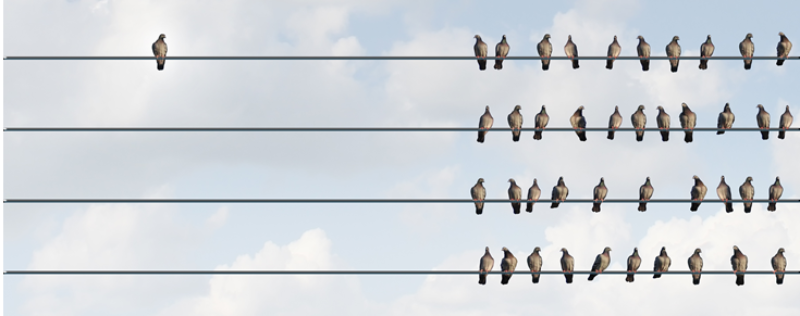

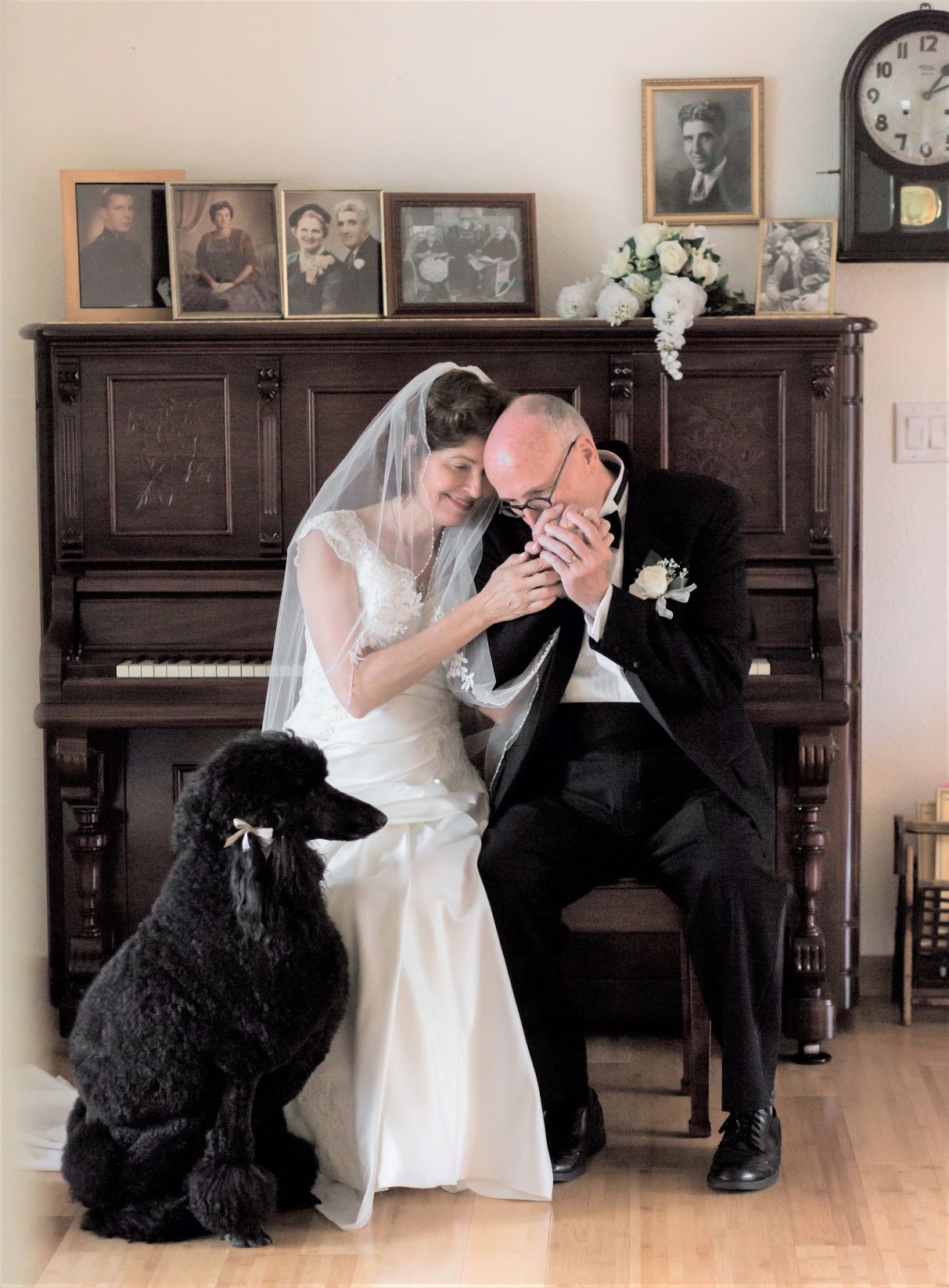 Well, it’s 6am on Thursday already.
Well, it’s 6am on Thursday already.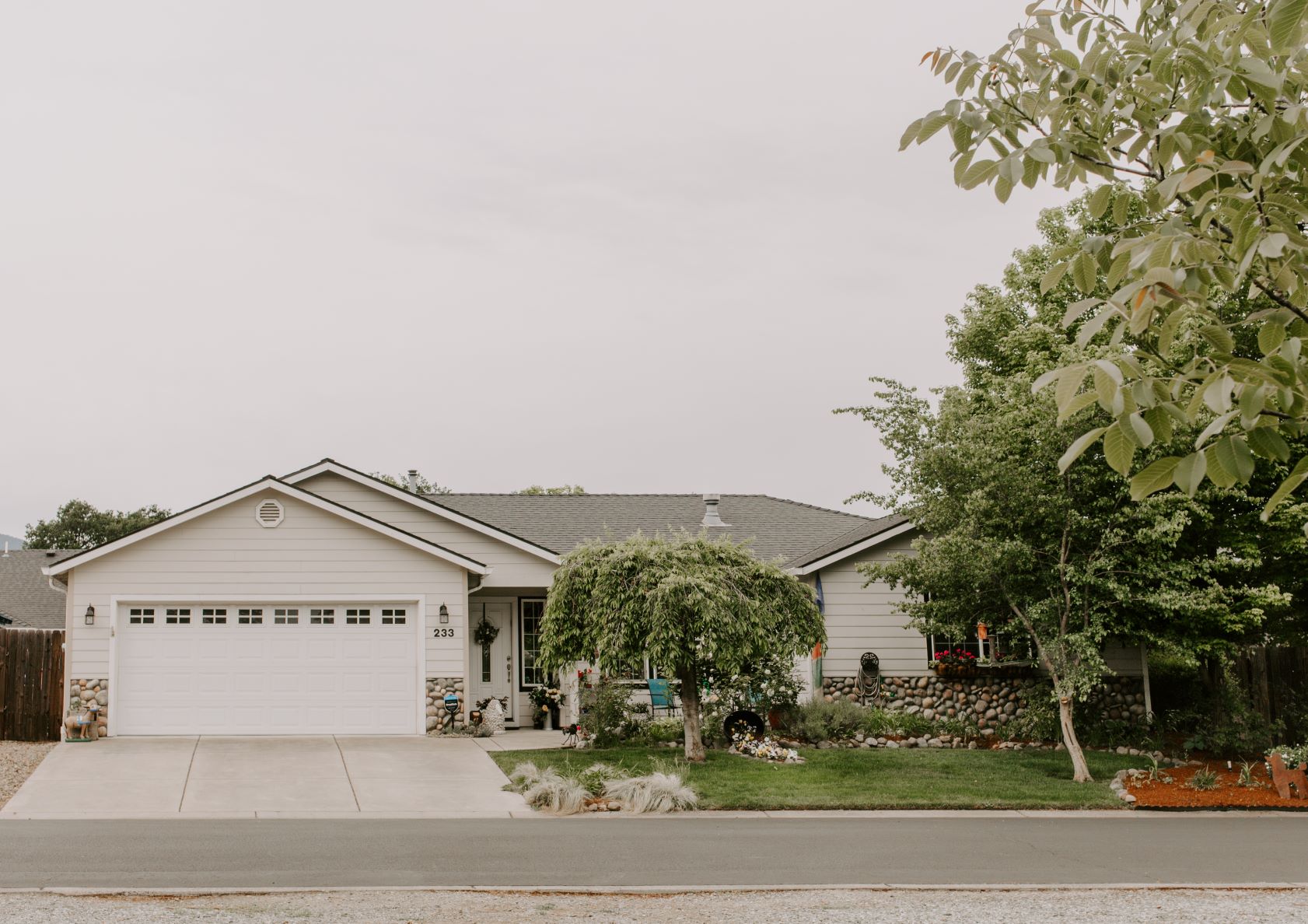


 May grace guide you, peace surround you, and joy surprise you today. Blessings, Fred
May grace guide you, peace surround you, and joy surprise you today. Blessings, Fred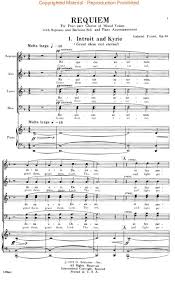 Rudy was a devout atheist who regularly attended the First Presbyterian Church. Actually, that’s where we met, sort of. It’s not that Rudy was looking to convert from atheism—he just loved to sing, and being in the Presbyterian choir gave him a chance to share the beauty of his deep bass voice.
Rudy was a devout atheist who regularly attended the First Presbyterian Church. Actually, that’s where we met, sort of. It’s not that Rudy was looking to convert from atheism—he just loved to sing, and being in the Presbyterian choir gave him a chance to share the beauty of his deep bass voice.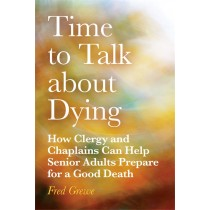 F. Grewe, Time to Talk about Dying: How Clergy and Chaplains Can Help Senior Adults Prepare for a Good Death. London and Philadelphia, PA: Jessica Kingsley Publishers, 2018. Pp. 168. Pb. £18.99. ISBN 978-1-78592-805-5.
F. Grewe, Time to Talk about Dying: How Clergy and Chaplains Can Help Senior Adults Prepare for a Good Death. London and Philadelphia, PA: Jessica Kingsley Publishers, 2018. Pp. 168. Pb. £18.99. ISBN 978-1-78592-805-5.